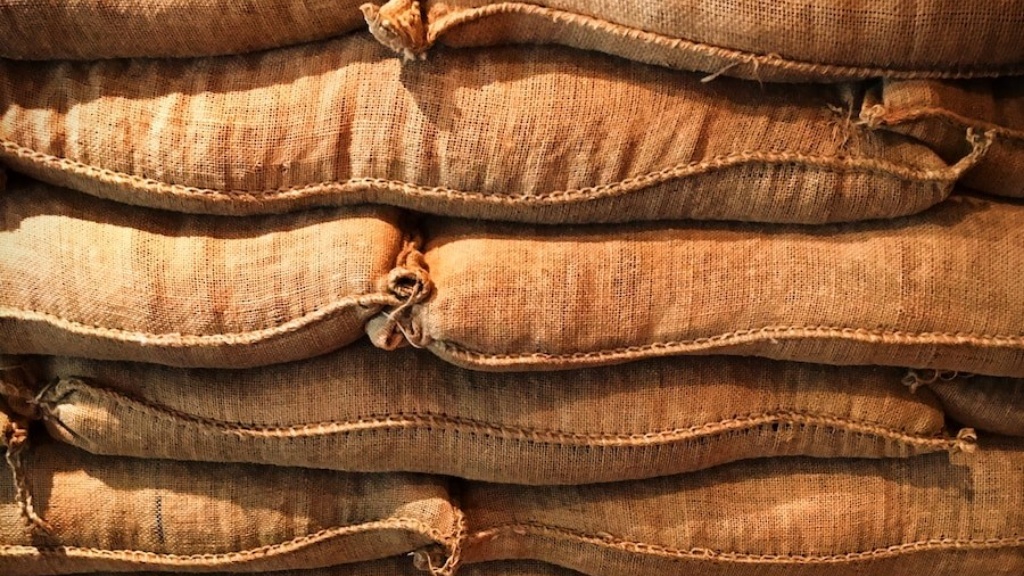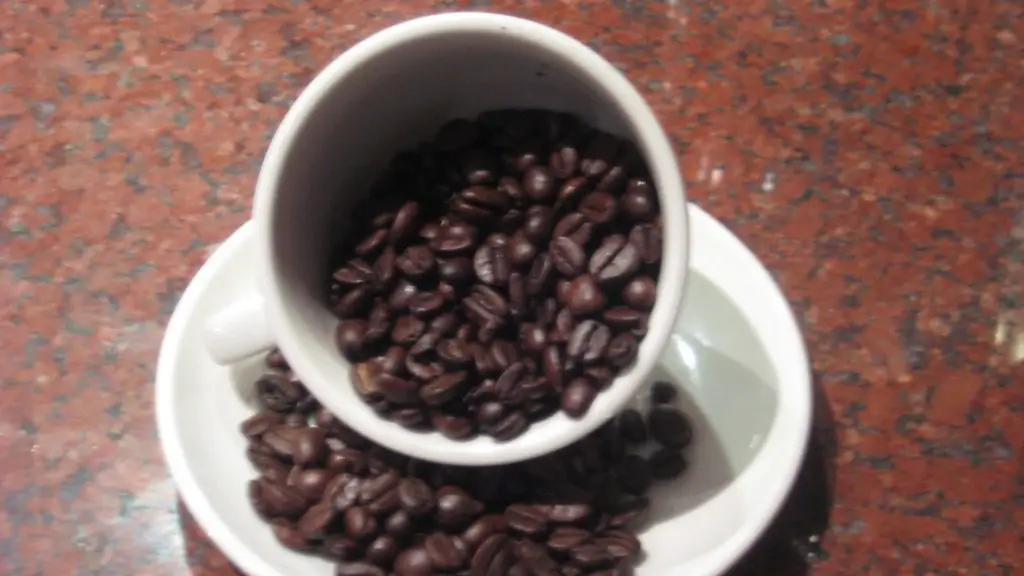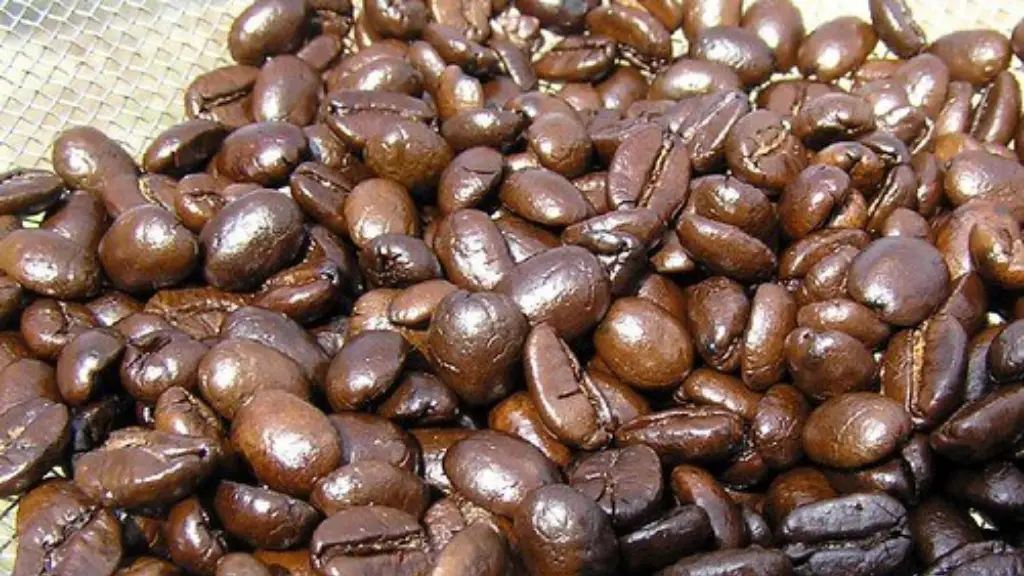Coffee is a nutritional staple for many people.But after gallbladder surgery, would-be coffee-drinkers can be left wondering if they’re allowed to indulge in their favorite wake-me-up beverage.The good news is that, in most cases, the answer is “yes” – but with a few caveats.So, when can you drink coffee after your surgery? Depending on the type of surgery you had, there are a few important factors to keep in mind.
The Recovery Period
The recovery period for gallbladder surgery is typically two to four weeks, with two weeks being the average for laparoscopic gallbladder removal. Your doctor may limit you to clear liquids such as water, juice, broth and decaffeinated tea in the first couple of days, including post-operative day one. Depending on the type of surgery, the doctor may prescribe pharmaceuticals such as antibiotics and painkillers, so it’s important to follow the doctor’s orders while you recover. During the first two weeks after surgery, you should avoid coffee and any beverages with caffeine.
Time to Re-Introduce Caffeine
Once you have been cleared by your doctor to move on to more solid foods, you can then begin to re-introduce caffeine into your diet. It is generally suggested that you wait for two weeks, but the actual amount of time you should wait depends on the type of surgery and your doctor’s recommendation. Depending on your case, you may be able to add coffee to your diet sooner, or even at the same time as foods that your doctor has recommended.
Type of Surgery
The type of surgery you have also plays a role in determining when you can drink coffee after gallbladder surgery. If you have a laparoscopic gallbladder removal, the surgery is considered minimally invasive and recovery time is usually somewhat shorter. You might be able to drink coffee again within a few days. However, if you have an open surgery, recovery time will be longer, and you’ll need to wait at least two weeks before reintroducing caffeine.
Potential Issues with Coffee
It’s no secret that coffee contains caffeine, which is a known stimulant. But what do doctors have to say when it comes to caffeine? Generally speaking, doctors recommend that patients limit their caffeine intake during the recovery period, but some may suggest that patients with certain conditions, such as irritable bowel syndrome (IBS) or inflammatory bowel disease (IBD), should avoid caffeine altogether.
Coffee Alternatives
Although experts generally agree that it’s safe to drink coffee after gallbladder surgery, there are also some alternatives that can help you get your caffeine fix without having to worry about potential issues. For example, decaffeinated coffee is an option that many people find favorable, as it still contains some of the flavor of regular coffee without the unwanted effects of caffeine. You can also try caffeine-free teas, herbal teas, and caffeine-free energy drinks.
Precautions To Take While Drinking Coffee
Once you have been given the go-ahead to drink coffee after gallbladder surgery, you’ll need to take certain precautions to avoid any potential issues. For instance, be sure to limit your daily caffeine intake, as too much caffeine can lead to adverse effects. It is also important to watch your diet during the weeks after surgery, as some foods can be difficult to digest. And finally, if you experience any abdominal pain, bloating, or other symptoms after drinking coffee, it’s best to talk to your doctor to make sure that everything is alright.
Drinking Coffee Gradually
The best way to make sure that you can safely drink coffee after gallbladder surgery is to gradually reintroduce it into your diet. Start with decaffeinated coffee, and make sure to listen to your body to determine if you’re feeling any adverse effects. If so, you may want to consider gradually increasing the amount of caffeine in each cup until you can safely drink regular coffee again.
Monitoring Health After Drinking Coffee
While drinking coffee after gallbladder surgery is generally safe, that doesn’t mean that there won’t be any potential issues. In order to ensure that you’re not having any negative side effects from caffeine, it’s important to keep an eye on your health throughout the recovery process. Speak to your doctor about any concerns you may have, and make sure to pay attention to your body for any signs of distress.
Healthy Habits towards Coffee
In addition to following the doctor’s orders and monitoring your own health while drinking coffee, it’s important to also maintain healthy habits. Avoid drinking coffee too late in the day, as it can interfere with your sleep. Make sure to read the nutrition labels on coffee and coffee-related products and look for hidden sources of caffeine. Finally, if you experience any negative side effects, stop drinking coffee and speak to a doctor right away.
Creating an Enjoyable Drinking Experience
Despite the potential issues with caffeine, coffee can still be a part of your life after gallbladder surgery. By following your doctor’s orders and monitoring your health, you can create an enjoyable drinking experience that won’t compromise your recovery. And keep in mind that if you do choose to drink coffee after surgery, it’s important to make sure to do so in moderation. This way, you can enjoy the delicious taste of coffee and begin the road to a healthy recovery.
Using Natural Remedies for Recovery
The best way to support a healthy recovery after gallbladder surgery is to use natural remedies. Contrary to popular belief, there are many natural remedies that can ease inflammation, reduce pain, and provide energy. Herbal teas, such as chamomile and ginger, are great for aiding digestion and can help reduce abdominal discomfort that may arise after drinking coffee.
Adopting Healthy Eating Habits
Of course, one of the key aspects of recovery after gallbladder surgery is to adopt a healthy diet. Eating a balanced diet can not only help you avoid any potential complications during the recovery period, but it can also make sure that you get the nutrients you need to stay healthy. Additionally, be sure to eat plenty of fiber-rich foods, as this can help reduce gastrointestinal symptoms such as bloating and constipation, which can sometimes be caused by drinking coffee.
Making adjustments to lifestyle habits
When returning to regular life after surgery, it’s important to make adjustments to lifestyle habits. Exercising regularly, reducing stress and getting adequate sleep can all help with the post-surgery recovery process. As for caffeine-related activities, limit the consumption of coffee to just one or two cups a day, and try drinking decaffeinated beverages in the mornings and evenings. Not only can this lessen the strain on your body as it recovers, but it may also help reduce the risk of any potential complications that can arise from drinking too much coffee.



